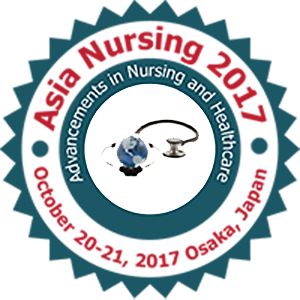
Chien Wai Tong
The Hong Kong Polytechnic University, Hong Kong
Title: The Effectiveness of a Mindfulness-based Psychoeducation Group in Early-stage Schizophrenia: A Multi-center RCT
Biography
Biography: Chien Wai Tong
Abstract
Psychoeducation and other psychosocial interventions in schizophrenia are evidenced to improve patients’ knowledge about the illness, mental state and relapse rate. Nevertheless, other benefits to patients such as their functioning and insight into illness, or to be substantive in a longer term (e.g., >12 months), are inconsistent and thus uncertain, especially in non-Western countries. This single-blind multi-site RCT was to test the effects of a mindfulness-based psycho-education group intervention (MBPG) for adult patients with early-stage schizophrenia spectrum disorders over an 18-month follow-up, in comparison to a conventional psycho-education group or treatment-as-usual only. The controlled trial (ClinicalTrials.gov: NCT01667601) was conducted with repeated-measures, three-arm design at two psychiatric outpatient clinics in both mainland China and Hong Kong. A stratified random sample of 150 adult outpatients with schizophrenia (i.e., 75 from each country; from which, 25 assigned into each of three arms). After baseline measurement, patients were randomly assigned into a MBPG program, a conventional psychoeducation group, or treatment-as-usual only. Primary outcomes, including psychosocial functioning and re-hospitalization rate, and other patient outcomes were measured and compared between three study groups over the 18-month follow-up (at baseline and 1-week, 9-month and 18-month following intervention). One hundred and thirty-seven (91%) patients completed the three post-tests. Their mean age and duration of illness were about 24-25 years and 28-30 months (range 4-60 months), respectively; and 54-56% were male. Results of multivariate analyses of variance showed that the MBPG got significantly greater improved in psychosocial functioning (p=0.0009), average length of psychiatric hospitalizations (p=0.004), psychotic symptoms (p=0.002), and insight into illness/treatment (p=0.008) than the other two groups over the 18-month follow-up. Mindfulness-oriented psycho-education program for adults with schizophrenia is found to be an effective psychosocial intervention providing several long-term positive effects in patients’ mental health, re-hospitalizations, functioning, and acceptance of their illness/treatment.

